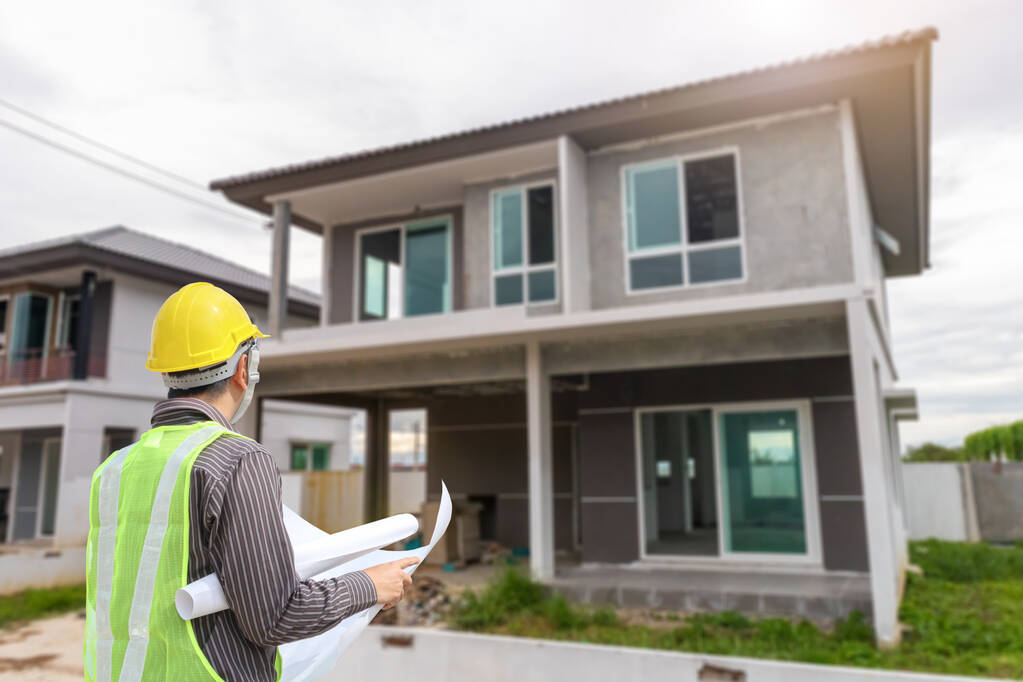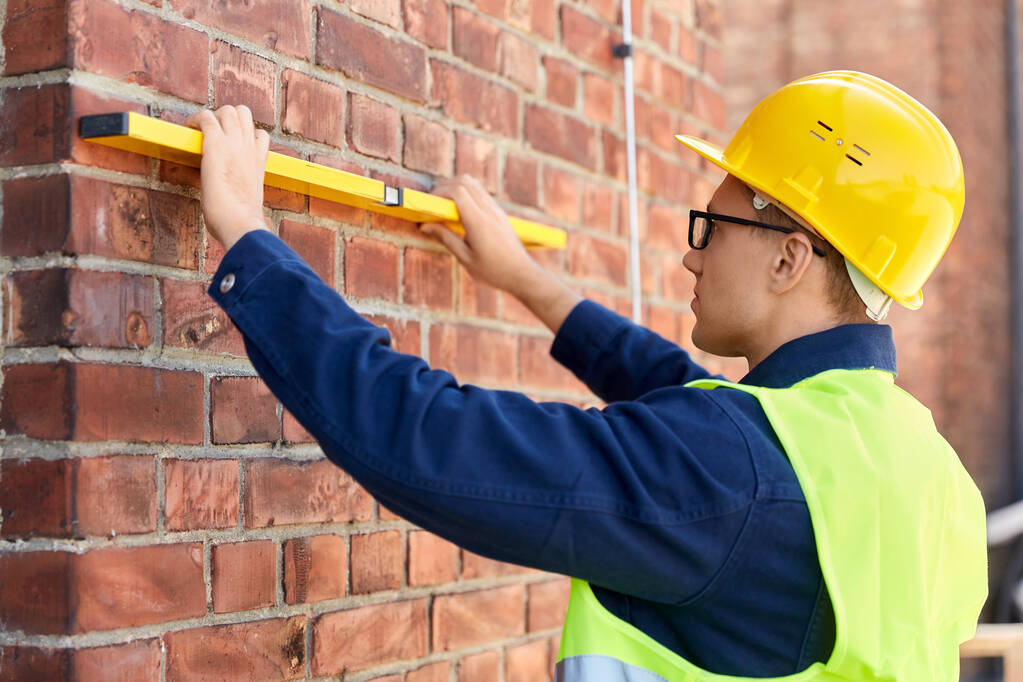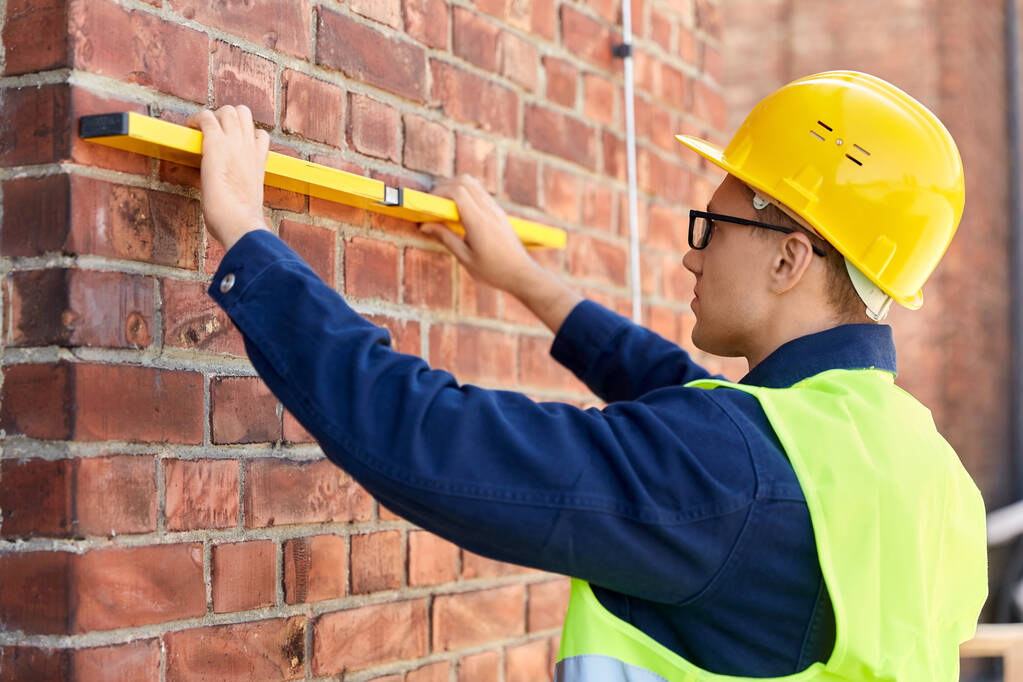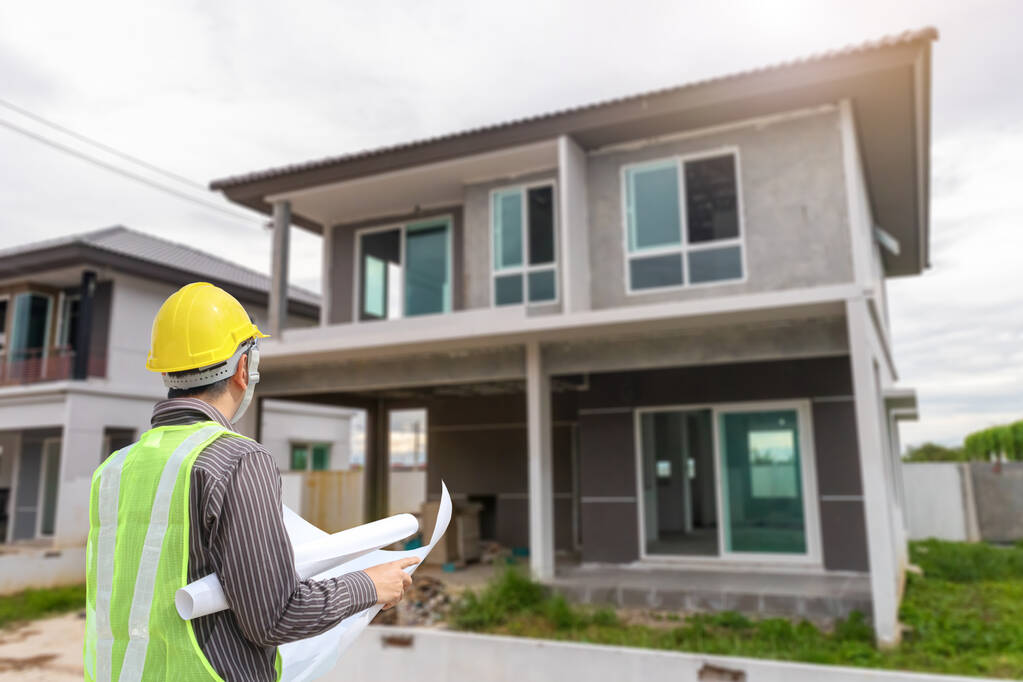Home inspection is a crucial profession that plays a vital role in the real estate industry. Whether you’re an aspiring professional looking for a rewarding career change or a homeowner seeking to ensure the safety and integrity of your property, becoming a home inspector in Florida can be a fulfilling journey.
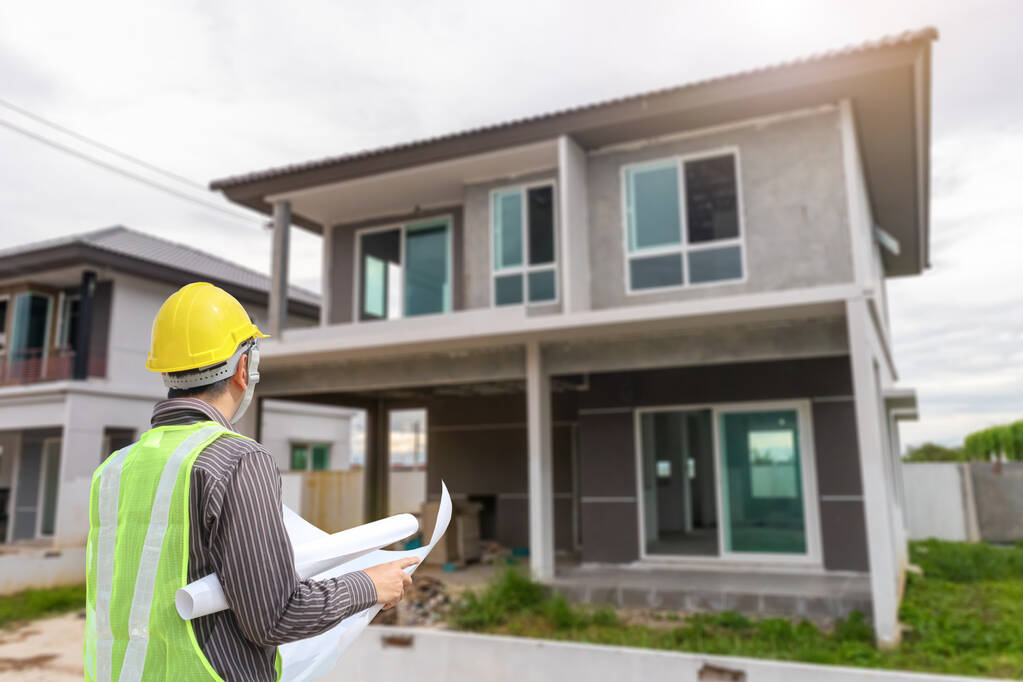
This article will provide a comprehensive guide to help you navigate the steps, requirements, and skills necessary to pursue a successful career as a home inspector in the Sunshine State.
- Understand the Role of a Home Inspector:
Before delving into the process of becoming a home inspector in Florida, it’s essential to understand the responsibilities and significance of this profession. Home inspectors are licensed professionals responsible for examining and evaluating the structural and mechanical components of a property. Their primary goal is to identify any potential issues or defects that may affect the property’s safety, functionality, or value.
- Education and Training:
To become a home inspector in Florida, you must first obtain the necessary education and training. Florida does not mandate a specific degree, but a solid foundation in construction, engineering, architecture, or a related field can be beneficial. Many aspiring home inspectors pursue courses from reputable institutions or enroll in specialized training programs to learn about building systems, inspection techniques, and legal standards.
- Florida Licensing Requirements:
To operate legally as a home inspector in Florida, you must obtain a license from the Florida Department of Business and Professional Regulation (DBPR). The key requirements include:
a. Completion of a state-approved pre-licensing course: Prospective home inspectors must complete a minimum of 120 hours of approved education. This coursework covers various aspects of home inspection, such as roofing, plumbing, electrical systems, and more.
b. Pass the Florida Home Inspector Exam: After completing the pre-licensing course, you must pass the Florida Home Inspector Exam, which assesses your knowledge and competence in the field.
c. Submit an application: Once you pass the exam, you must submit an application for your home inspector license, along with the required fees and supporting documents.
- Gain Practical Experience:
While formal education is essential, practical experience is equally valuable. Aspiring home inspectors can enhance their skills and knowledge by working with experienced professionals or participating in on-the-job training programs. Engaging in real-world inspections under the guidance of a licensed inspector provides invaluable insights and hands-on experience.
- Insurance and Bonding:
Home inspectors in Florida must carry professional liability insurance to protect themselves and their clients from potential errors or omissions during inspections. Additionally, obtaining a surety bond is a requirement for licensure.
- Join Professional Associations:
Joining reputable professional associations, such as the American Society of Home Inspectors (ASHI) or the Florida Association of Building Inspectors (FABI), can provide credibility and networking opportunities. These organizations offer valuable resources, educational events, and ongoing support for their members.
- Stay Updated with Industry Changes:
The field of home inspection is constantly evolving, with new technologies and regulations shaping the industry. It is crucial for aspiring home inspectors to stay updated with the latest trends, building codes, and inspection techniques. Continuous education and attending workshops or seminars can help keep you informed and relevant in the field.
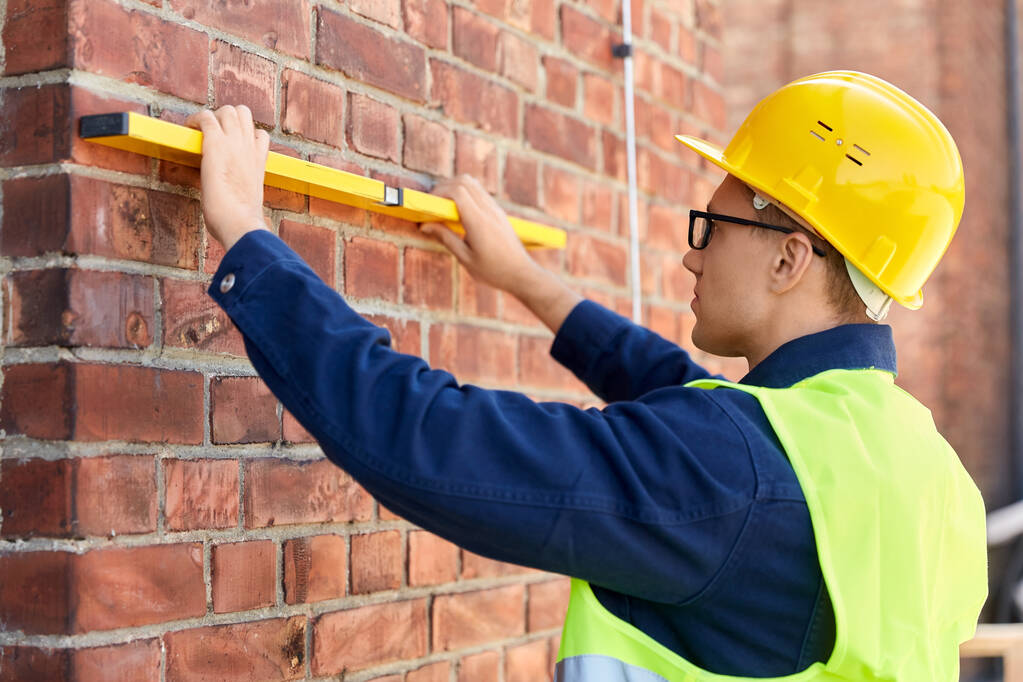
Becoming a home inspector in Florida is a rewarding journey that requires dedication, education, and commitment to excellence. As a licensed home inspector, you will play a crucial role in ensuring the safety and well-being of homeowners while contributing significantly to the real estate industry. By following the steps outlined in this guide and continuously improving your skills and knowledge, you can embark on a successful career as a trusted home inspector in the Sunshine State.
Learn more at Wiki as well.
